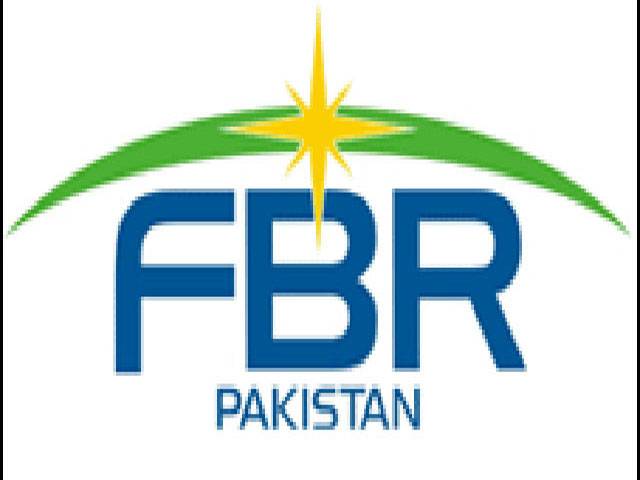ISLAMABAD - The Federal Board of Revenue (FBR) would submit its report to Finance Minister Ishaq Dar to remove distortions and discriminations in tax structure and to abolish unnecessary concessions, tariff rationalization and SROs (Statutory Regulatory Orders) reduction by December 31 2013.
“The SRO culture has detrimental effect on competitive environment and nurturing entrepreneurship. This is retarding the economic growth and by bringing those in normal tariff lines could help enable to raise revenues”, according to FBR’s latest quarterly report.
The report said that FBR is facing gigantic task to broaden the low tax base of the country, as it would have to enhance the tax to GDP ratio from existing 8.5 percent to 9.5 percent during the ongoing financial year 2013-2014. Similarly, the tax department has a target of 0.7 percent increase in each fiscal year during 2014-15 and 2015-16, which would further improve tax-GDP ratio and bring the country at par the competing/emerging economies.
The FBR has chalked out a plan to increase the extremely low base of the country including broadening of tax base, rationalization of SROs, addressing inadmissible input adjustment and illegal refunds in sales tax and others. The government has planned to bring 100,000 non-taxpayers into tax net during ongoing financial year. In this regard 49,440 notices have already been issued, and further around 50,000 of notices will be issued by June 30, 2014. Similarly, a detailed plan for outreach program including provisional assessment, collection procedures, penal actions and prosecution proceedings has been chalked out.
According to the report, FBR has successfully prepared and implemented Computerized Risk Based Evaluation of Sales Tax (CREST) to fill the gap of fake invoicing to inflate refunds and suppress local supplies, as the refund issue assumed staggering intensity and emerged as a big challenge for the VAT administration in Pakistan.
Pakistan yields one of the world’s lowest tax-to-GDP ratios of 8.5 percent (ranks 115th out of 179 countries). The tax administration and structure are planned to be reformed to contribute adjustment to the tune of 0.7 percentage points each year by reforming existing tax system; with lopsided structure, almost one-fourth of the entire tax collection or more than 25% comes from POL at various stages. In customs tariff, 54% of tariff lines have different tariff rates for different importers through SROs. Around 86% of tariff lines are affected by an SRO in one way or the other and 44% of the value of imports affected by SROs. Multiple rates are applied on sales tax - (0, 5%, 7%, 16%, 19.5%, & 3% additional tax on commercial importers). Effective Sales Tax rate is 3.6% which is very low because of exemptions, and huge input adjustments
According to the report, the reforms are aimed at de-politicizing the recruitment, transfer/postings in the FBR that must be based upon merit. This will enhance administrative efficiency. Another area of concern remained the tracking of non-filers who enjoy decent living and huge ability to pay. This is weakening the overall writ of the government and institutional degeneration in the country, which has also impacted the functional and operational efficiency of the country in recent past, and efforts are underway to make FBR a vibrant organization. However, FBR alone could not make headway in boosting revenues substantially unless it is not equipped with effective legislation. The structure and the legal framework governing the taxation need to be reviewed by the parliament. The international best practices, technology and political will could play an important role in restructuring the taxation environment.
The structural reforms under the IMF program (both pertaining to expenditure or revenues) should be implemented in holistic form and piecemeal approach will not work as has been proved in the past. The economic growth has to be boosted to around 7% in the medium-term and tax policy will enhance the much-needed allocative efficiency of factors of production. The expenditure policy should also support growth-enhancing efforts.
Saturday, May 18, 2024
FBR chalks out plan to broaden low tax base

Sports & Genocide
May 18, 2024
Healing AJK
May 18, 2024
A New World Order
May 18, 2024
Tobacco Toll
May 17, 2024
Rushed Reforms
May 17, 2024
Continuing Narrative of Nakba
May 18, 2024
Teacher Struggles
May 18, 2024
No Filers out of Reach
May 18, 2024
Hoax of Inflation Coming Down
May 17, 2024
Rising Inflation
May 17, 2024
ePaper - Nawaiwaqt
Advertisement
Nawaiwaqt Group | Copyright © 2024





